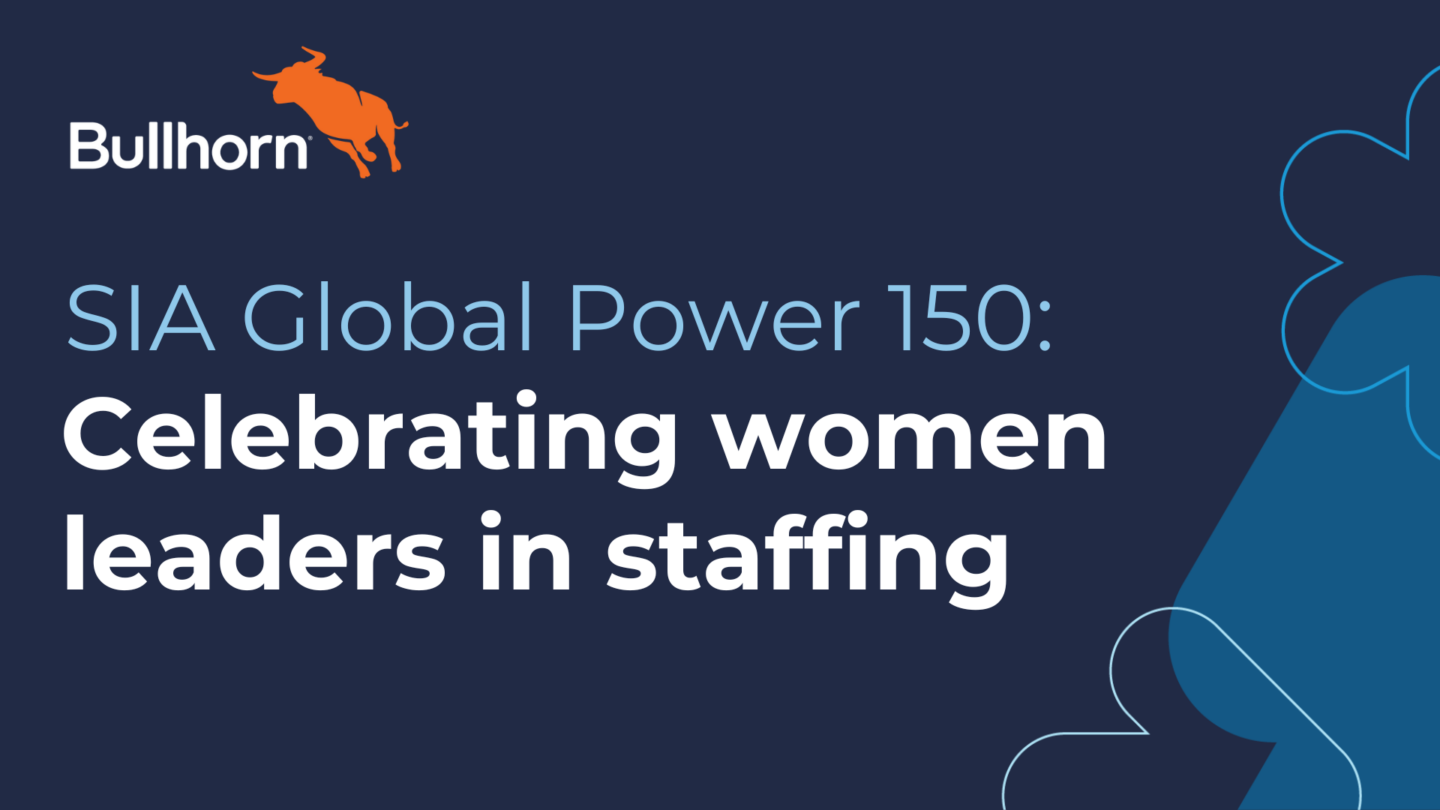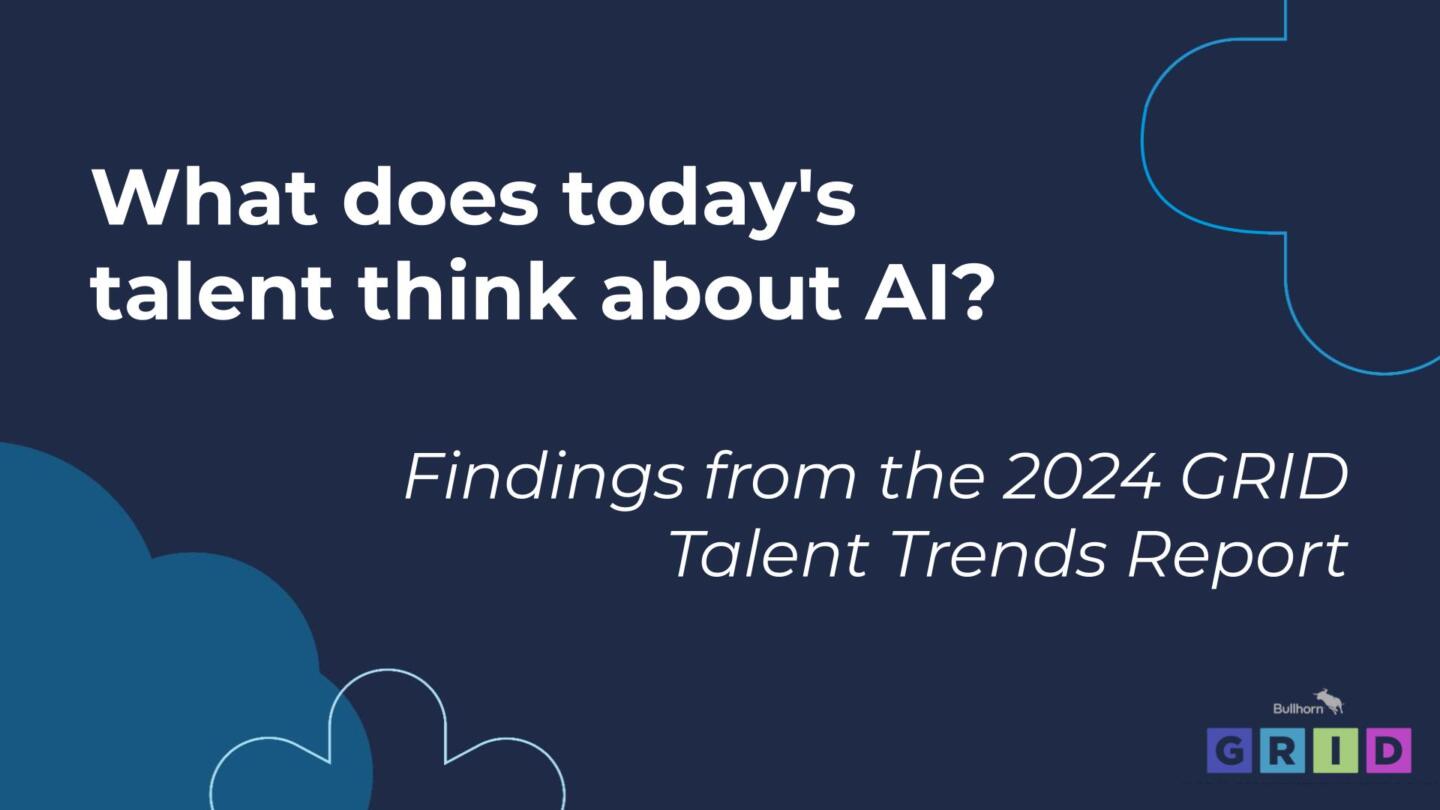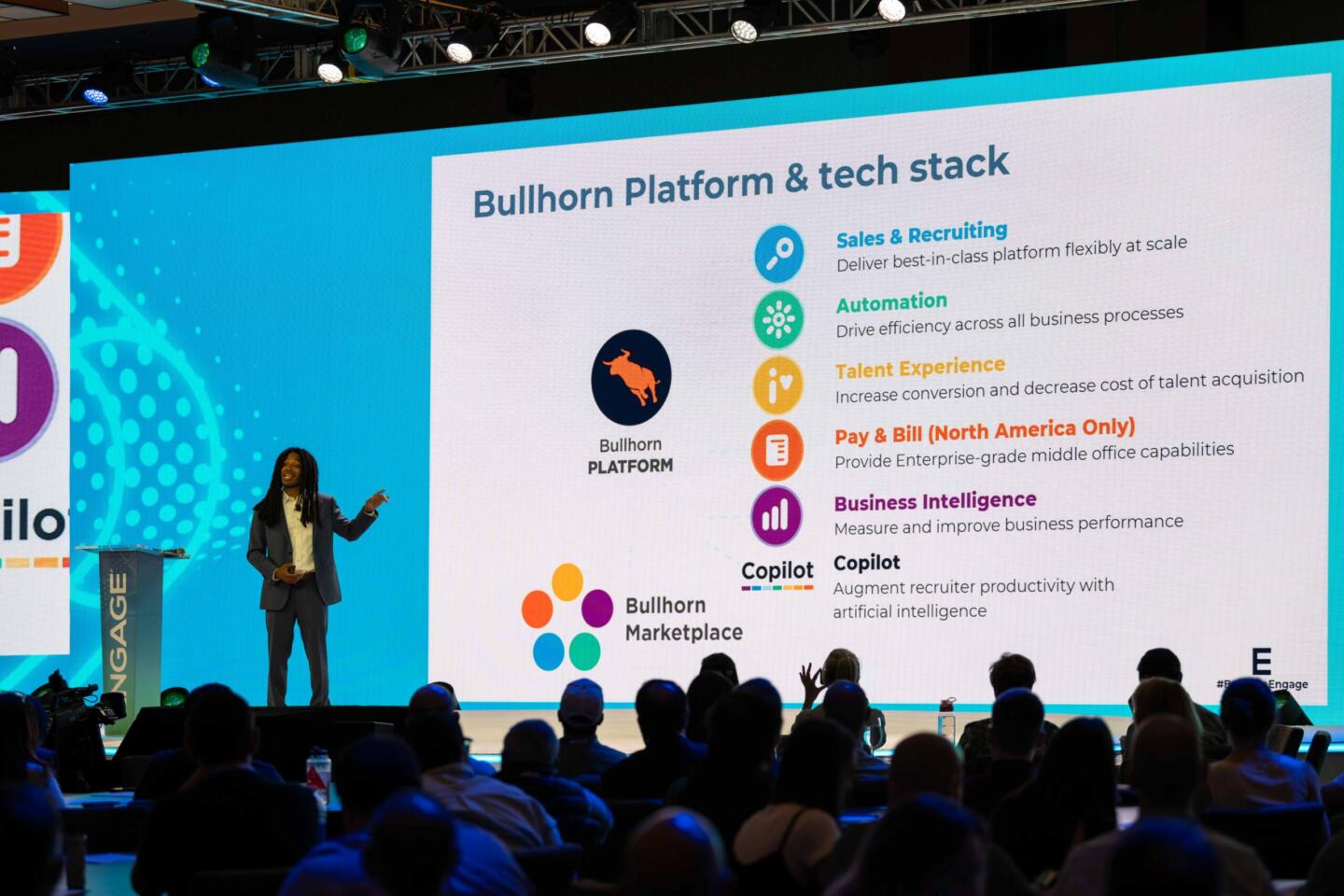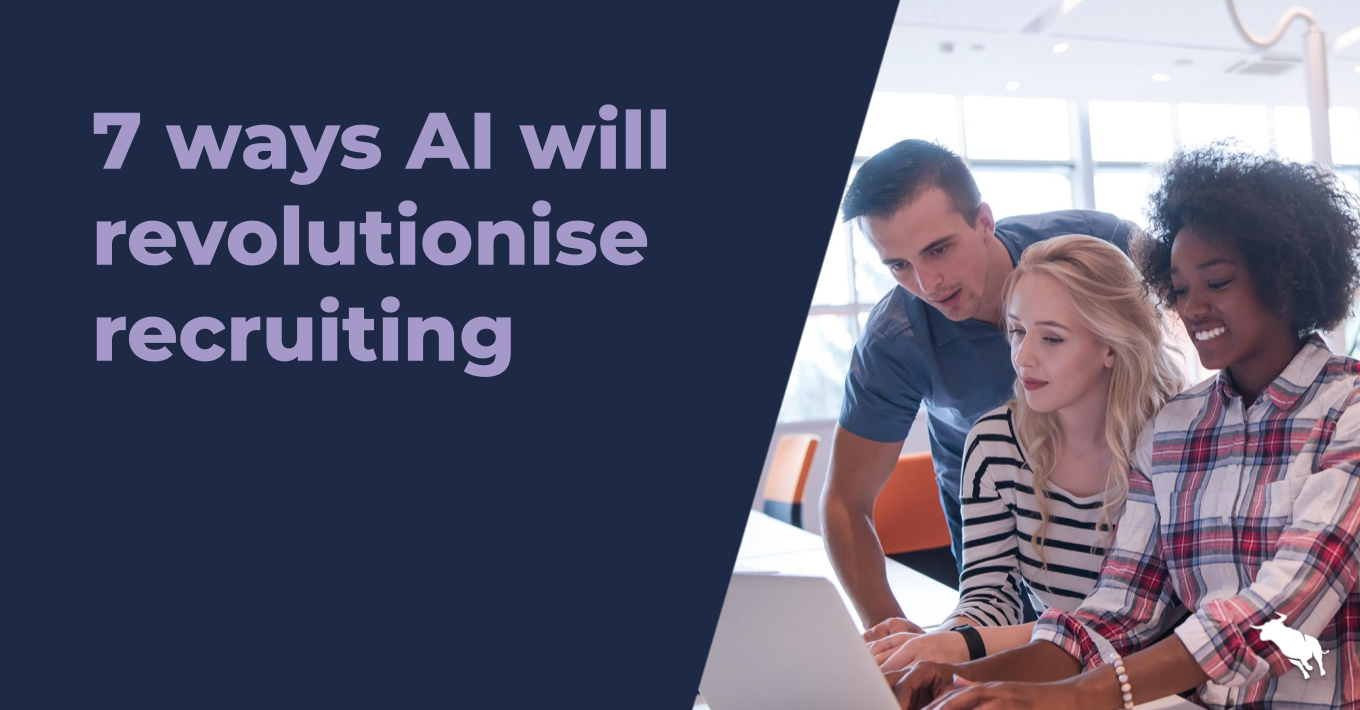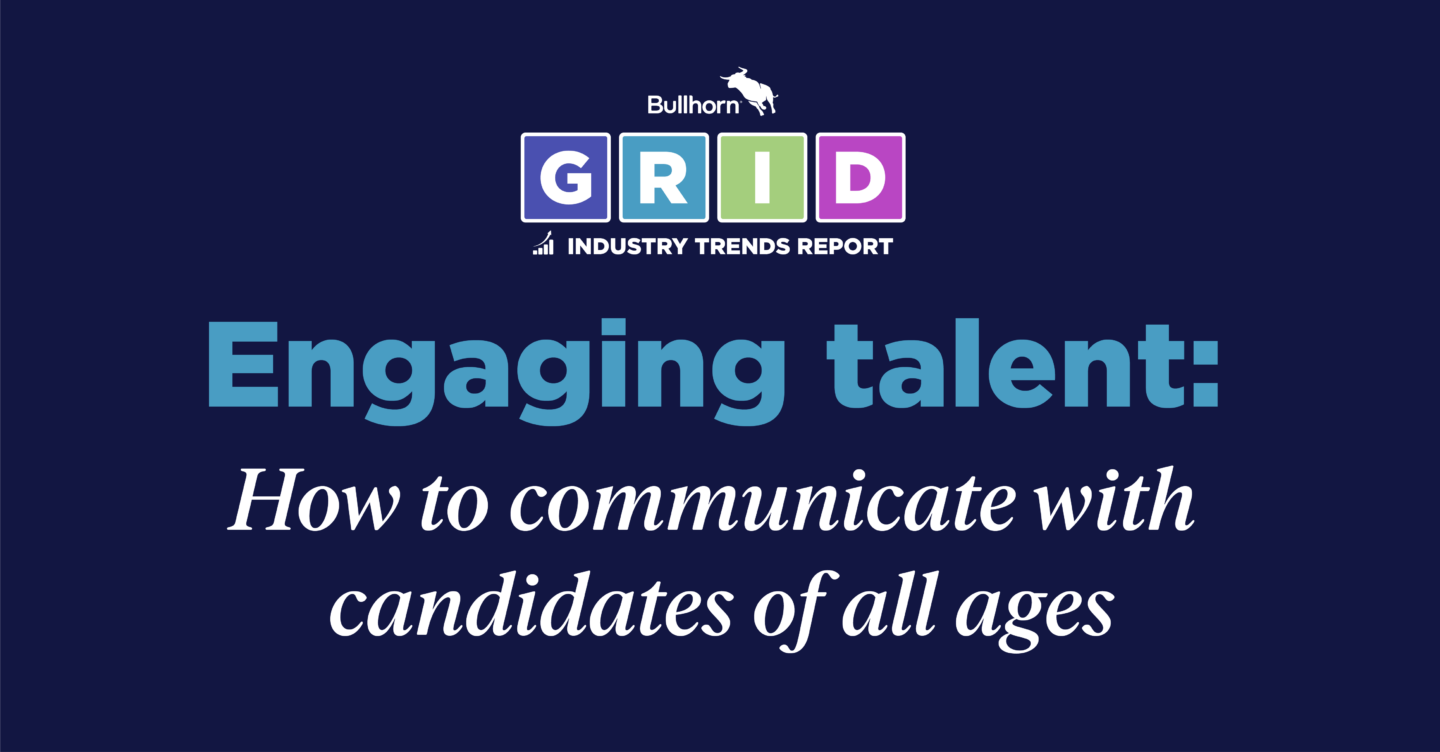AI in recruitment: Insights from Salesforce leaders
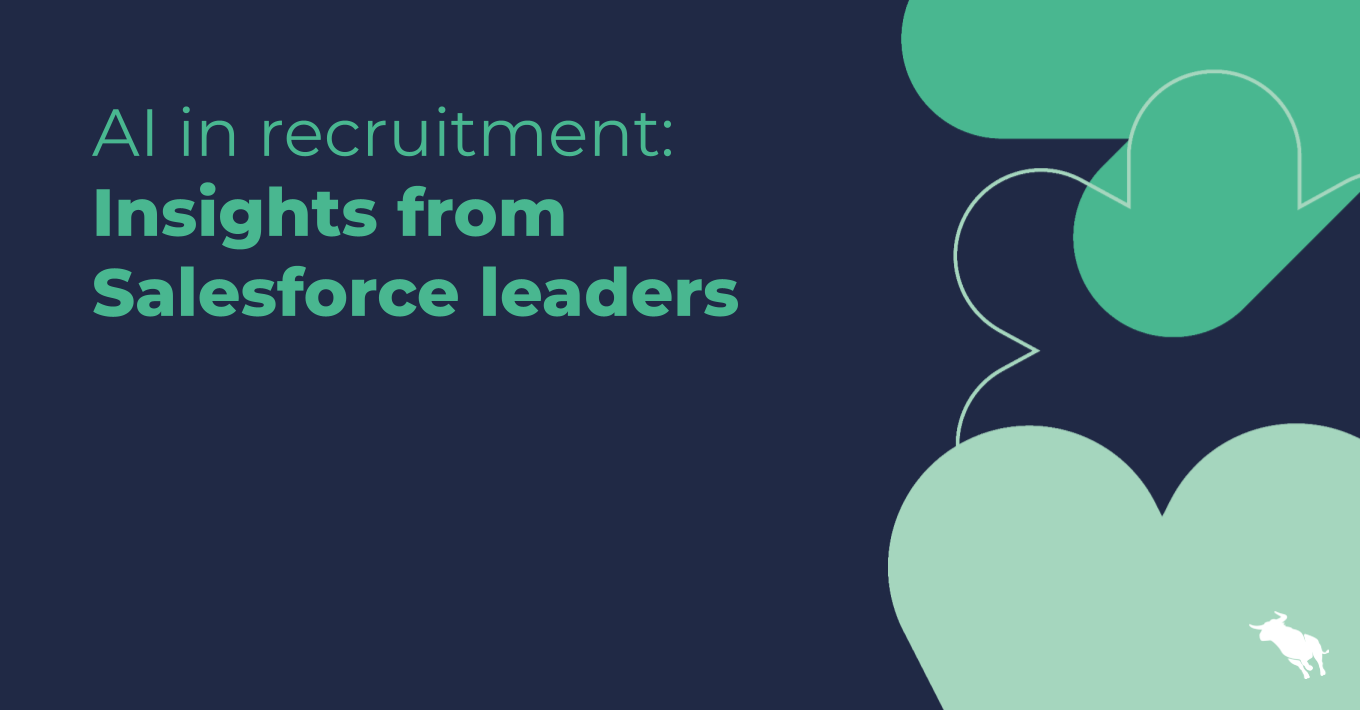
There’s no denying it, the role of AI has taken centre stage in many industries including recruitment.
In a fireside chat at the Tech at the Tower hosted by Bullhorn, Salesforce and 2cloudnine in Sydney, experts shared their insights on how AI is being used in recruitment today, impacts on the candidate experience, the current regulatory landscape and the next big advancements in AI.
Hosted by Matt Webster, Regional Vice President APAC & Global Enterprise at Bullhorn, the panellists featured:
- Jonathan Hatcher, VP, AI Solution Engineering Lead, Salesforce
- Jordan Purdie, Head of Recruitment APAC, Salesforce
Read on for the five main takeaways from the AI and recruitment experts.
1. AI and human potential in recruitment
AI’s ability to execute on repetitive tasks is giving recruiters extra time to focus on the more intricate aspects of their work and build better relationships. Jonathan noted that with each significant technological advancement in the past, “human work massively changed.” The prevalence of AI today is a sign this shift is happening again.
According to Jonathan, “AI is the biggest thing in tech since the technology revolution 70 years ago. The reason is that it’s the first technology that’s really impacted cognitive work.” Traditional cognitive tasks—like candidate outreach, processing resumes and account management—can now easily be automated. Salesforce’s own platform for AI agent development, Agentforce, provides a toolkit for the creation of ‘agents’ that handle repetitive work, enabling recruiters to focus on the human side of their role and build relationships with both candidates and clients.
A key benefit of Agentforce is its ability to leverage all the data within a client’s own Salesforce instance, which allows for much more accurate and impactful automation. Agentforce is also powerful because it can be used by clients, partners like Bullhorn, and Salesforce themselves in order to develop agents. Jonathan shared an example where an agency has used Agentforce to automate job description creation, from within Salesforce, which has enhanced the information recruiters need before meeting with hiring managers or candidates.
2. Enhance candidate experience with AI
81 percent of candidates would be willing to work with AI if it sped up the recruiting process. Jonathan notes, “if you’re providing value to the end consumer, making experience easier and the friction of the process less. I’m not surprised that almost any tech including AI would be of value to a candidate”, he said.
However Jonathan cautioned that not one size fits all when it comes to automation and AI. Entry-level applicants may prefer the speed and convenience of AI-driven process but senior candidates often value a more personalised approach. Recruitment agencies need to consider a curated approach based on their own strengths and unique value proposition.
3. Leveraging AI to Unlock Internal Talent
Today’s job market is limited so businesses are increasingly looking to maximise the talent they already have internally. At Salesforce, their internal AI-driven recruitment encourages employees to think about ‘where they can go in their career’ and ‘what can they do now to set up for success’. AI helps to map and highlight current employee skills. “AI is a fantastic tool to do that as it brings up ideas people didn’t already have or it gives them pathways”, said Jordan. Like Jonathan, he isn’t surprised by candidates’ willingness to work with AI but emphasised the importance of the human element as candidates don’t want a fully automated process. Jordan stated, “there’s art and science elements and I think, the art is still very much needed and wanted.”
4. Regulatory and ethical impacts for AI
The current use of AI has prompted regulatory action from governments and raised ethical concerns for diversity and inclusion (DEI). As a result, ensuring AI models remain unbiased should become standard practice within any business. “A lot of the concerns are the biases that are built into algorithms, so making sure you have audits and checks is going to become part of day to day”, Jordan said.
Hatchter warns, “AI can scale and amplify biases at a speed that we’ve never seen before. That’s super worrying.” However, as AI remains a tool for us that is built on algorithms, we can “codify some DEI rules into systems as they scale.” This would ensure the hiring process is fair and ethical.
5. The Future of AI in Recruitment
Looking ahead, in the next three to five years, Jonathan predicts the “next innovation in AI, from a training data perspective, is what’s called Multimodal AI, which is how we give video, audio and other types of input” to AI to process.
Traditionally, large language models like Chat-GPT have been text based only. The innovation of Multimodal AI would give recruiters a deeper understanding of candidate interactions and behavioural cues based on the ability to interpret neurodiversity.
Jordan emphasises that despite these coming advancements in AI, the best candidates still need to be actively engaged and build relationships with recruiters as it has “never been more difficult to get the best talent in the door.”
Subscribe to our recruitment blog to get more insights like this sent straight to your inbox.
